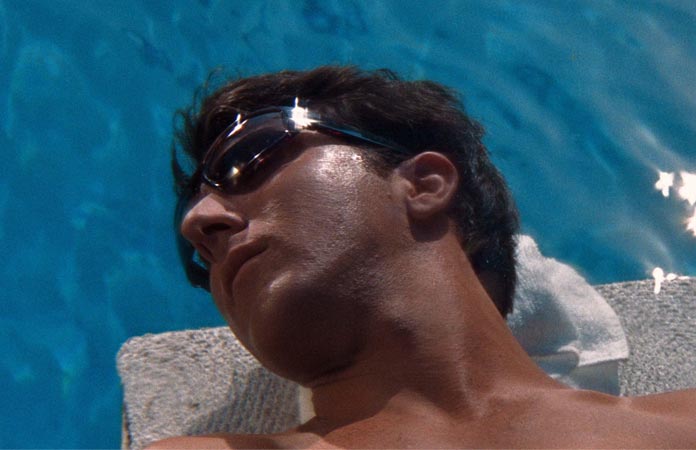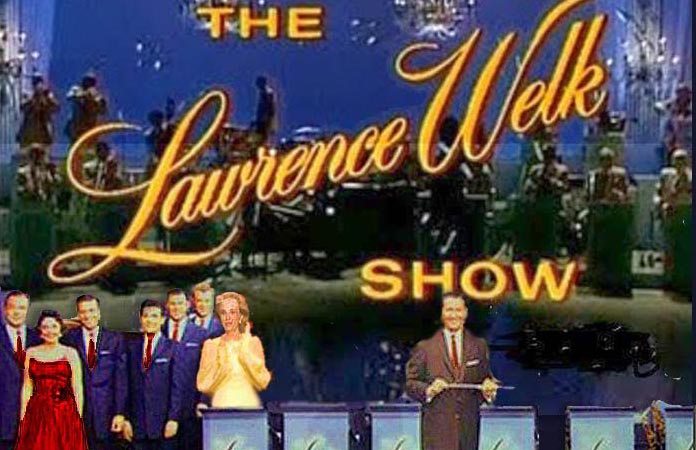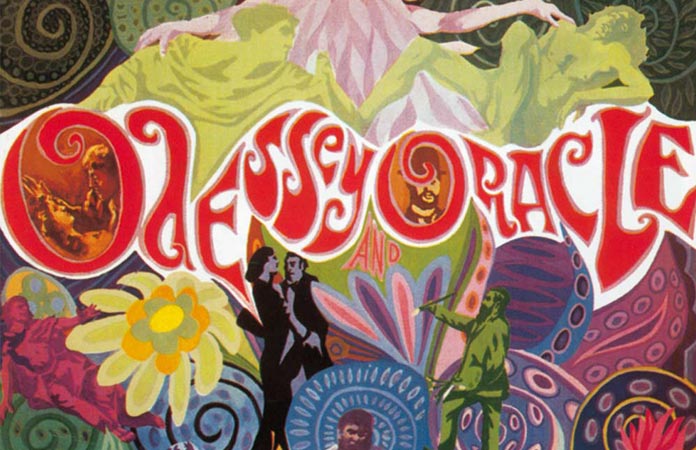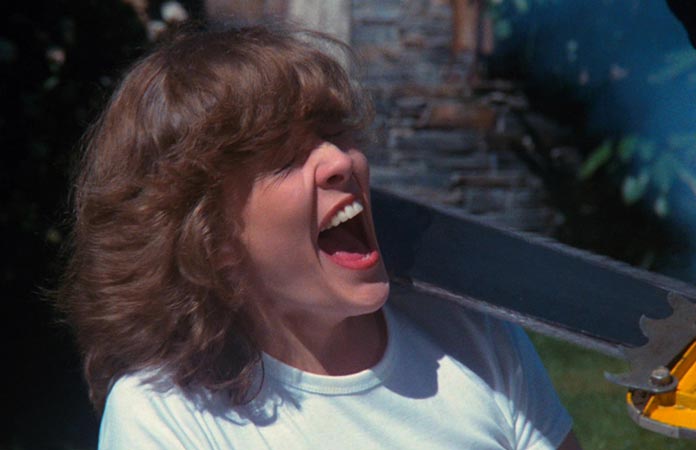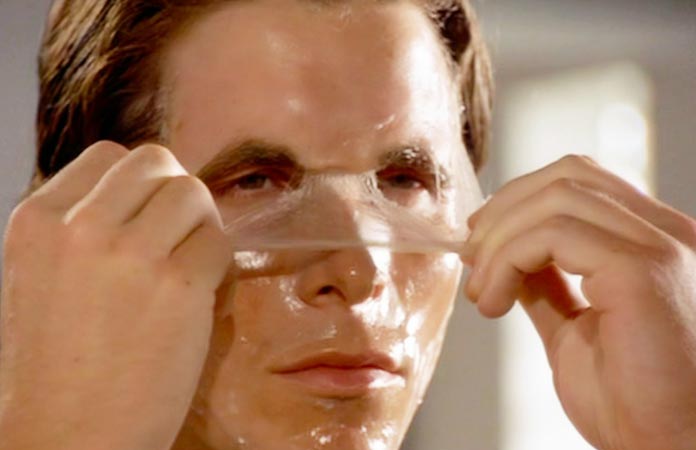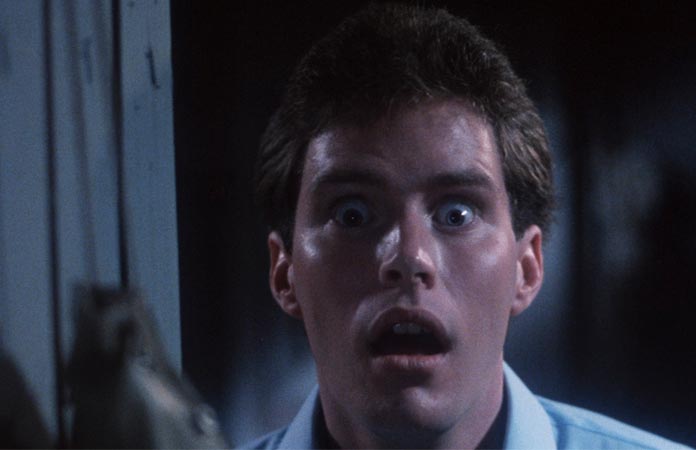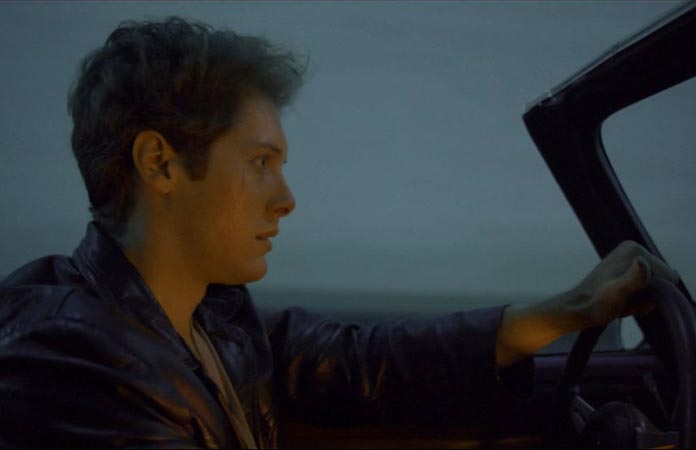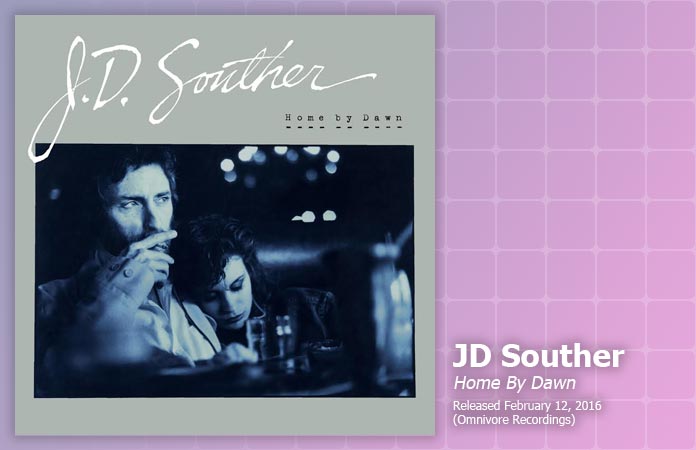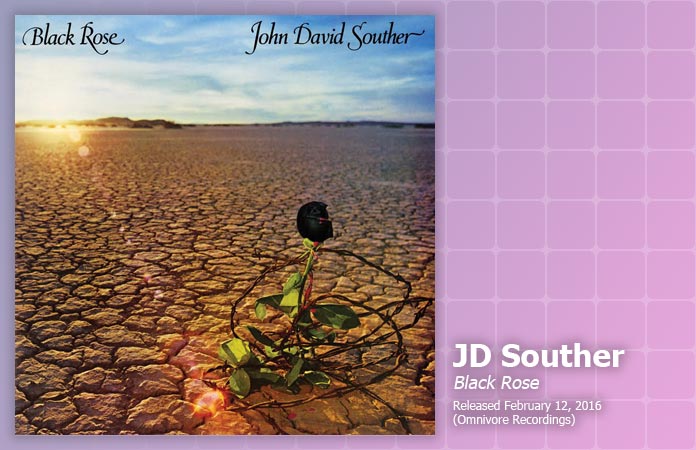Blu-Ray Review: The Graduate
Published on February 25th, 2016 in: Movie Reviews, Movies, Reissues, Retrovirus, Reviews |Mike Nichols’ film from 1967, The Graduate, is a darkly humorous ode to the disenfranchised and distant. It’s also a definitive bad romance. The movie has a lot to say about toxic people and how they can mess up your life. Then again, pretty much everyone in The Graduate is toxic.
Today in Pop Culture: Last Dance With Lawrence Welk
Published on February 25th, 2016 in: Music, Retrovirus, Today In Pop Culture |Let’s call it synergy. A television show comes along that loves and understands its core audiences so well will inspire a kind of devotion that borders on obsession. We’ve seen it happen with sci-fi shows like Firefly, Star Trek, and The Twilight Zone. Do you think today’s audiences would feel the same kind of adoration and allegiance to a show that regularly featured polka music?
Today In Pop Culture: The Birth, Fall, And Rise Of The American Turntable
Published on February 19th, 2016 in: Music, Retrovirus, Science and Technology, Today In Pop Culture |This could be one of the most important days in pop culture history. Maybe, you should sit down and get something to drink. It is that monumental.
On this date in 1878, Thomas Edison, long may his name spoken before the gods, patented the phonograph. The world was never the same. That’s not hyberbole. That is a fact.
Retro Review: The Zombies, Odessey and Oracle
Published on February 17th, 2016 in: Music, Music Reviews, Retrovirus, Reviews |By Lenny Kaye
An Odessey in more ways than one, beyond the Y. These days the answer to that questioning why? is apparent, the oracular pronouncement of a classic album regarded as a touchstone for thoughtful, intelligent pop, as much a part of the last century’s sixties’ meritocracy as anything by their more famous peers. The irony is that by the time the Zombies made the album that is their crowning achievement, working in an Abbey Road Studio just recently vacated by the Beatles’ Sgt. Pepper’s Lonely Hearts Club Band and the Pink Floyd’s mercurial Piper, and saw its last-gasp single suddenly break worldwide, the group had already begun to part ways, moving into the seventies on their own solo missions without the refraction of each other.
Blu-Ray Review: Pieces
Published on February 17th, 2016 in: Blu-Ray, Current Faves, DVD/Blu-Ray Reviews, Horror, Movie Reviews, Reissues, Retrovirus, Reviews |Horror fans have known for decades that there is no other movie quite as delightfully crazy banana-pants as Pieces. With the infamous tagline, “You don’t have to go to Texas for a chainsaw massacre,” Pieces honestly attempts to be a straight-ahead horror film. It’s not.
Retro Review: American Psycho
Published on February 16th, 2016 in: Feminism, Horror, Movie Reviews, Movies, Retrovirus, Reviews |Toronto residents! If you haven’t seen American Psycho in a while or if you’ve never seen it on the big screen, you’ll get your chance February 17 at the Carlton, where The MUFF Society is putting on a screening of the film at 9:00 p.m.
The quirky genius of Mary Harron and Guinevere Turner’s film adaptation of Bret Easton Ellis’ controversial novel, American Psycho, lies in the generic nature of its characters and its excoriation of the wretched Yuppie movement of the 1980s. The movie is infused with comedy as dark as motor oil, and social commentary so sharp that watching the movie could cut your retinas. For a certain level of society, this is the definitive Eighties flick, even more cynical and astute than Oliver Stone’s Wall Street.
There is also an extended scene with a chainsaw, so that’s an automatic win.
Blu-Ray Review: The Mutilator (1984)
Published on February 15th, 2016 in: Blu-Ray, DVD/Blu-Ray Reviews, Horror, Movie Reviews, Movies, Reissues, Retrovirus, Reviews |The Mutilator is an oddity in the slasher genre, less for what it is and more for what it is not. If you’re looking for copious amounts of nudity, look elsewhere. There’s not even a lot of bad language. On that level, The Mutilator is more like a live-action Disney movie from the Sixties. You half expect Dean Jones and Don Knotts to show up.
Blu-Ray Review: Jack’s Back
Published on February 12th, 2016 in: Blu-Ray, Current Faves, DVD/Blu-Ray Reviews, Movie Reviews, Movies, Reissues, Retrovirus, Reviews |In 1986, I fell in love with James Spader. Sure, I was 15 and he was 25; and he was an actor and I didn’t actually know him; but it was real to me, damn it. I’d seen him on the big screen in Pretty In Pink, but he reminded me too much of the rich, preppy jackasses I knew in real life for me to develop anything but antagonism for him in reel life. (And what was up with his feathered, John Taylor-in-“The Wild Boys”-video hair, anyway?)
Serendipity intervened shortly thereafter: Tuff Turf was on HBO one night when I was at a friend’s house and that’s when it hit me: this James Spader guy was all right. Better than all right, in fact. As Morgan in Tuff Turf, he was perfect (and woe unto all the guys who didn’t measure up). Thus began my lifelong quest of watching every James Spader movie ever. That’s how I found out about Jack’s Back, released in 1988.
Music Review: JD Souther, Home By Dawn
Published on February 8th, 2016 in: Current Faves, Music, Music Reviews, Reissues, Retrovirus, Reviews |The third of Omnivore’s expanded reissues of JD Souther’s criminally overlooked solo albums, Home By Dawn, is an unusual album. The things that make his previous albums, John David Souther and Black Rose work are there: his incredible lyricism, gift for melody, and warm vocals. These things have to share space with a particularly 1980s sounding production. Songs are slicker than they need be, and while the writing is, as always, brilliant, they suffer. A bit. But keep in mind, this is JD Souther we’re talking about, and he’s got this.
Music Review: JD Souther, Black Rose
Published on February 4th, 2016 in: Current Faves, Music, Music Reviews, Reissues, Retrovirus, Reviews |Thank you, Omnivore Records, for reissuing JD Souther’s albums. The recent reissue of Souther’s debut, John David Souther, was like reading a blueprint for Americana music. Souther’s follow up album, Black Rose, shows an artist broadening his horizons, marrying jazz with rock and coming up with something unexpected but very effective.
